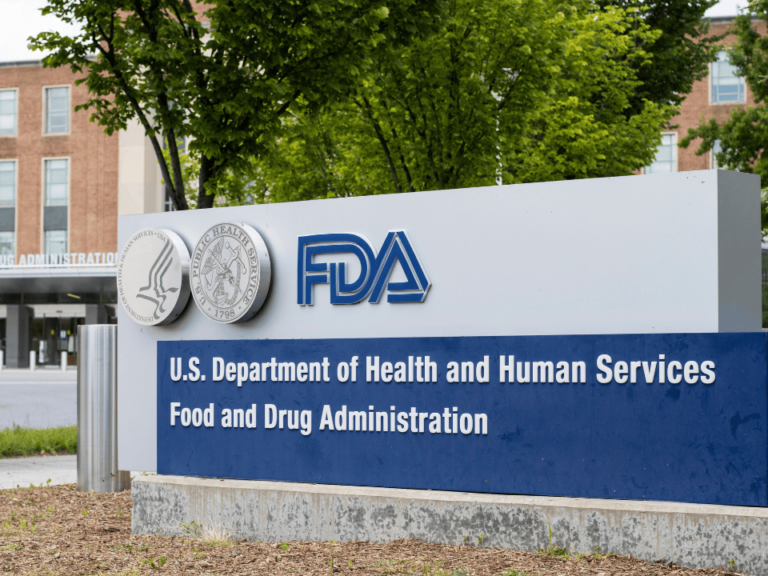FDA has approved Lymphir (denileukin diftitox-cxdl), a novel immunotherapy for the treatment of r/r cutaneous T-cell lymphoma after at least one prior systemic therapy.
Lymphir is sponsored by Citius Pharmaceuticals Inc.
Lymphir is the only CTCL therapy that targets the interleukin-2 receptor found on malignant T-cells and Tregs. This is the first indication for LYMPHIR and the first FDA-approved product for Citius Pharma.
CTCL is a rare and often debilitating chronic non-Hodgkin lymphoma that primarily affects the skin. Approximately 2,500-3,000 patients are diagnosed each year with an estimated 40,000 living with the disease. Patients with r/r CTCL have limited treatment options. No universally defined single treatment is used to treat these patients with incurable cancer. Patients typically cycle through several skin-directed therapies before the cancer becomes resistant and/or progressive, at which point systemic agents are needed to achieve effective disease control.
Reducing and controlling skin plaques and itching without cumulative toxicity is a primary goal of CTCL treatment. Systemic medicines are prescribed until the disease progresses again or when dose-limiting toxicity occurs, after which HCPs prescribe a different systemic medicine.
Lymphir provides another viable option in the treatment landscape with unique benefits to patients. It offers a novel mechanism of action designed to target and eradicate malignant T-cells while preserving healthy tissue. It is the only treatment option that targets the IL-2 receptors found in T-cell lymphomas and Tregs.
“As a treating oncologist, I have seen the profound negative effect on the quality of life in patients with r/r CTCL. Given the long-term nature of the disease, pruritus, ulceration of the tumors, and secondary pyogenic skin infection, it is vital to get this skin involvement under control,” Francine Foss, professor of hematology and director of the Multidisciplinary T-cell Lymphoma Program at Yale Cancer Center, said in a statement. “Lymphir is the first therapeutic option in many years to offer hope of reducing skin disease, bringing us one step closer to filling the need for CTCL patients, particularly those that are not able to complete or continue prior therapies.”
The approval of Lymphir is based on results from the phase III Pivotal Study 302 (NCT01871727) of CTCL patients who had previously received at least one systemic treatment. Actual study patients received a median of 4 (min, max: 1, 18) prior anticancer therapies. The primary efficacy population includes 69 patients with stage I-III CTCL who were treated with denileukin diftitox-cxdl (9 µg /kg/day). The primary efficacy outcome measure was objective response rate, as assessed by an Independent Review Committee. The ORR was 36.2%, (95% CI: 25.0-48.7), with 8.7% achieving a Complete Response.
The median time to response was rapid at 1.41 months, with the majority of responders (~70%) seeing results after 1–2 cycles of treatment. Duration of response was at least 6 months for 52.0% of the patients. 84.4% (54/64) of skin evaluable subjects had a decrease in skin tumor burden and 12.5% (8/64) saw complete clearing of skin disease. Pruritis was evaluated as an exploratory endpoint with 31.7% of patients demonstrating clinically significant pruritus improvement. Importantly, no cumulative toxicity was observed in patients receiving Lymphir.
Lymphir’s safety profile is consistent with the known safety profile for denileukin diftitox. Across three studies of 119 CTCL patients receiving 9 µg dose of denileukin diftitox, the most common (≥20%) adverse reactions, including laboratory abnormalities, were increased transaminases, albumin decreased, nausea, edema, hemoglobin decreased, fatigue, musculoskeletal pain, rash, chills, constipation, pyrexia, and capillary leak syndrome.







